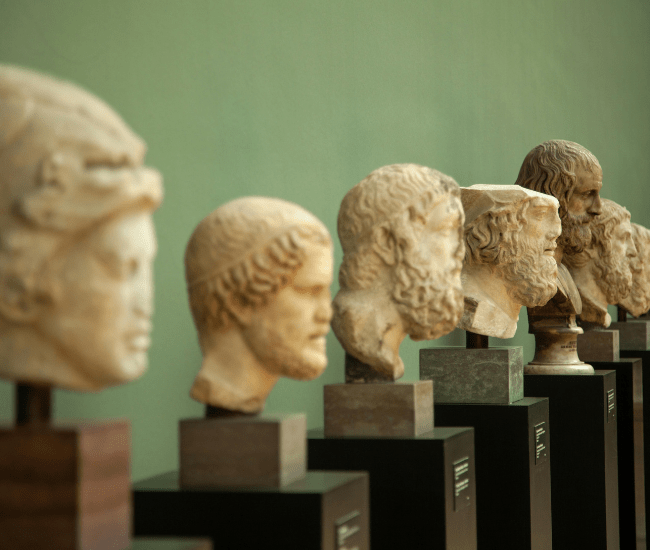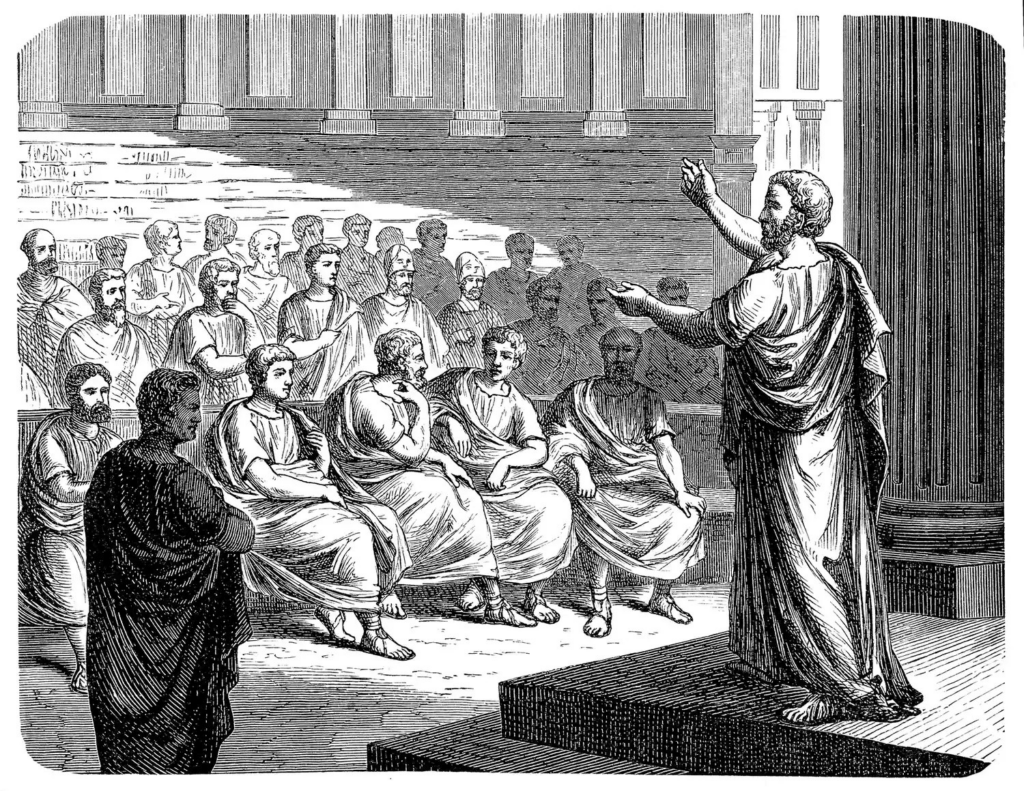Physical Address
304 North Cardinal St.
Dorchester Center, MA 02124
Physical Address
304 North Cardinal St.
Dorchester Center, MA 02124

Tyranny rises, thrives, and ultimately falls—but why? The story of ancient Greece holds powerful lessons for modern society, revealing how tyranny crumbled under the weight of its own contradictions. Could we reclaim that wisdom today?
Throughout history, tyranny has emerged as a response to political instability. In ancient Greece, tyrants often began as champions of the people, seizing power under the promise of reform. Yet, despite their initial popularity, Greek tyrannies were ultimately short-lived. The very systems they ruled over rejected them in the end.
But why? What made ancient Greek society able to shake off tyranny, while so many other civilizations remained trapped under oppressive rule?
In this post, we’ll explore:

The term “tyrant” originally had a neutral meaning in ancient Greece. It simply referred to a ruler who took power by force, without the traditional hereditary right of kingship. Some tyrants were initially popular and enacted policies that helped the lower classes. However, their rule was fundamentally unstable for several reasons:
As a result, while tyranny could rise quickly, it rarely lasted long. Unlike other civilizations that remained under oppressive rule for centuries, Greece had built-in mechanisms that resisted long-term despotism.
Tyranny wasn’t just defeated by war or assassination (though that did happen). More often, it was removed through systemic resistance and cultural rejection. Here’s how the Greeks managed to cast off oppressive rulers:
Greek city-states functioned as communities. People were not just subjects; they were active participants in governance. This made it difficult for tyrants to maintain unchecked power.
A united and engaged public is the most powerful force against tyranny. When people withdraw from civic life, oppression fills the void.
Greek philosophers were some of the earliest critics of tyranny. Thinkers like Plato, Aristotle, and Solon argued that absolute power was dangerous and that governance should be built on laws, not individuals.
Knowledge is power. Societies that value education and independent thought are less likely to fall under tyrannical rule.

Greek culture was inherently resistant to despotism. The idea of “eleutheria” (freedom) was deeply embedded in their identity.
Lesson for Today: Culture matters. A society that values freedom will resist tyranny more fiercely than one that has been conditioned to accept oppression.
The fall of Greek tyrannies wasn’t accidental. It happened because the people, the institutions, and the culture rejected the concentration of power in a single ruler’s hands. Today, we can apply similar principles to fight modern forms of tyranny:
✅ Build Strong Communities – When people are engaged and connected, it becomes harder for oppressive forces to take hold.
✅ Value Independent Thought – Tyrants rely on keeping people uninformed. Seek knowledge, question narratives, and think critically.
✅ Support Decentralization – The more power is spread out, the less control any one person or entity has over the masses.
✅ Recognize Manipulation Tactics – Tyrants often use division, fear, and propaganda to keep people compliant. Understanding these strategies makes them less effective.
✅ Take Action – Whether it’s activism, or simply having conversations, small actions add up to large movements.
Ancient Greece wasn’t perfect, but it had an important advantage over many societies: its people refused to be ruled by fear and oppression. They valued freedom and participation, and when tyranny emerged, they had the tools to dismantle it.
Today, we face different challenges—technological control, corporate overreach, mass surveillance—but the core principles remain the same. If we understand why tyranny failed in ancient Greece, we can apply those lessons to our own time.
History is full of warnings. But it’s also full of solutions.
Are we willing to listen?
If you found this post interesting, check out:
👉 Why the System Hates Edible Weeds And Why You Should Love Them – Understanding how control extends even to our food sources.
Do you see parallels between ancient Greece and today’s world? What lessons do you think we can still learn? Drop a comment below! ⬇️